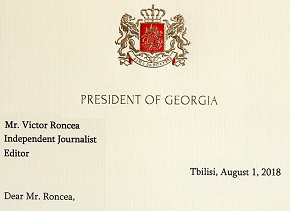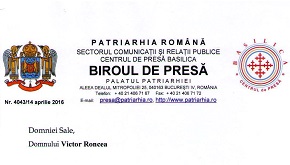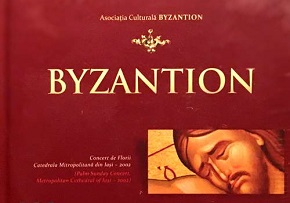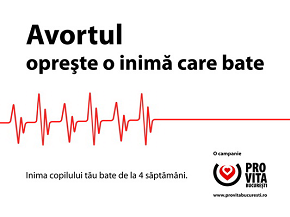 For the celebrated novelist and intellectual Umberto Eco, the Wikileaks affair or “Cablegate” not only shows up the hypocrisy that governs relations between states, citizens and the press, but also presages a return to more archaic forms of communication.
For the celebrated novelist and intellectual Umberto Eco, the Wikileaks affair or “Cablegate” not only shows up the hypocrisy that governs relations between states, citizens and the press, but also presages a return to more archaic forms of communication.
The WikiLeaks affair has twofold value. On the one hand, it turns out to be a bogus scandal, a scandal that only appears to be a scandal against the backdrop of the hypocrisy governing relations between the state, the citizenry and the press. On the other hand, it heralds a sea change in international communication – and prefigures a regressive future of “crabwise” progress.
But let’s take it one step at a time. First off, the WikiLeaks confirm the fact that every file put together by a secret service (of any nation you like) is exclusively made up of press clippings. The “extraordinary” American revelations about Berlusconi’s sex habits merely relay what could already be read for months in any newspaper (except those owned by Berlusconi himself, needless to say), and the sinister caricature of Gaddafi has long been the stuff of cabaret farce.
(…)
The informant is lazy. So is the head of the secret service (or at least he’s limited – otherwise he could be, what do I know, an editor at Libération): he only regards as true what he recognises. The top-secret dope on Berlusconi that the US embassy in Rome beamed to the Department of State was the same story that had come out in Newsweek the week before.
Integral la Ziaristi Online

 December 8th, 2010
December 8th, 2010  VR
VR 
 Posted in
Posted in  Tags:
Tags: 




































